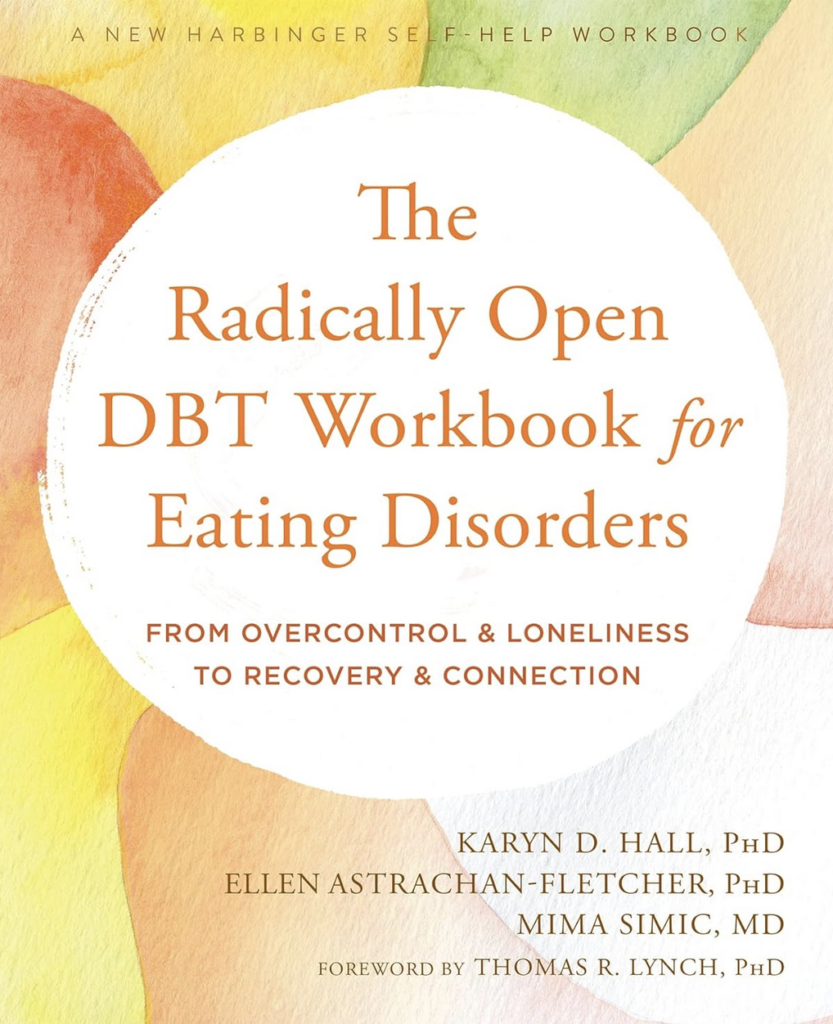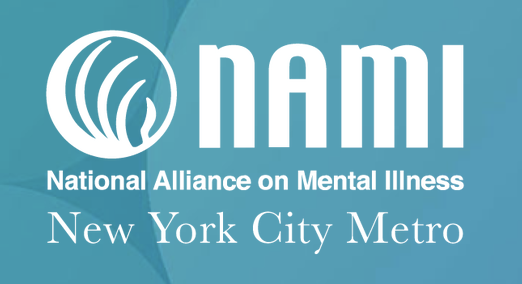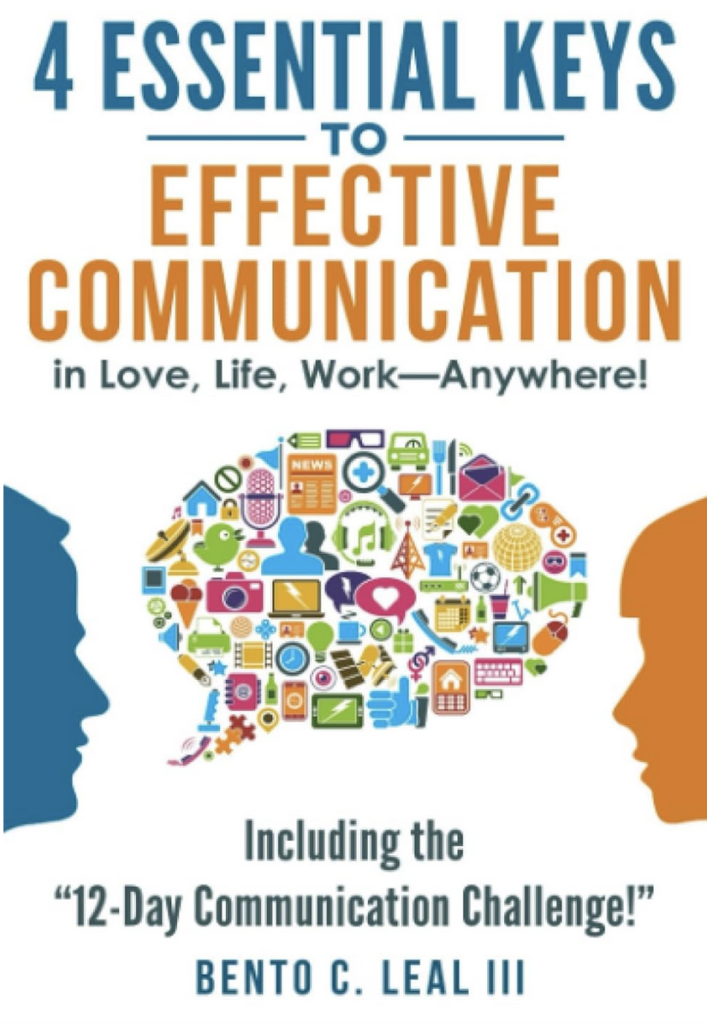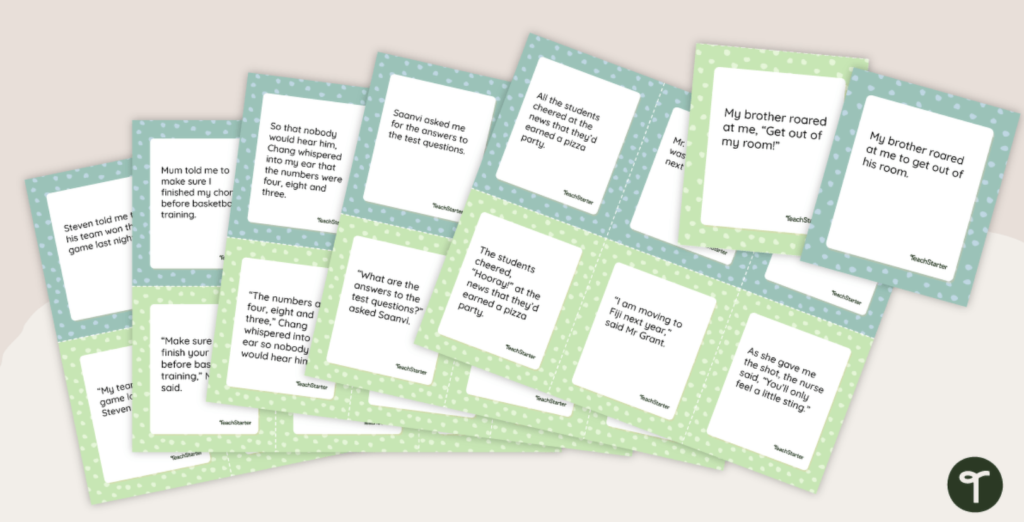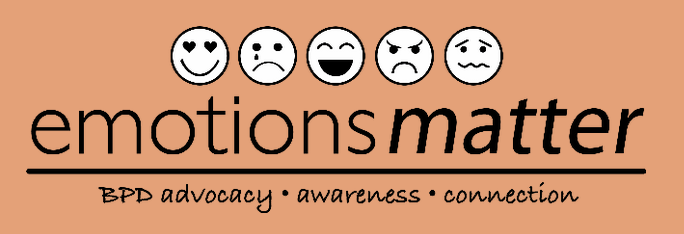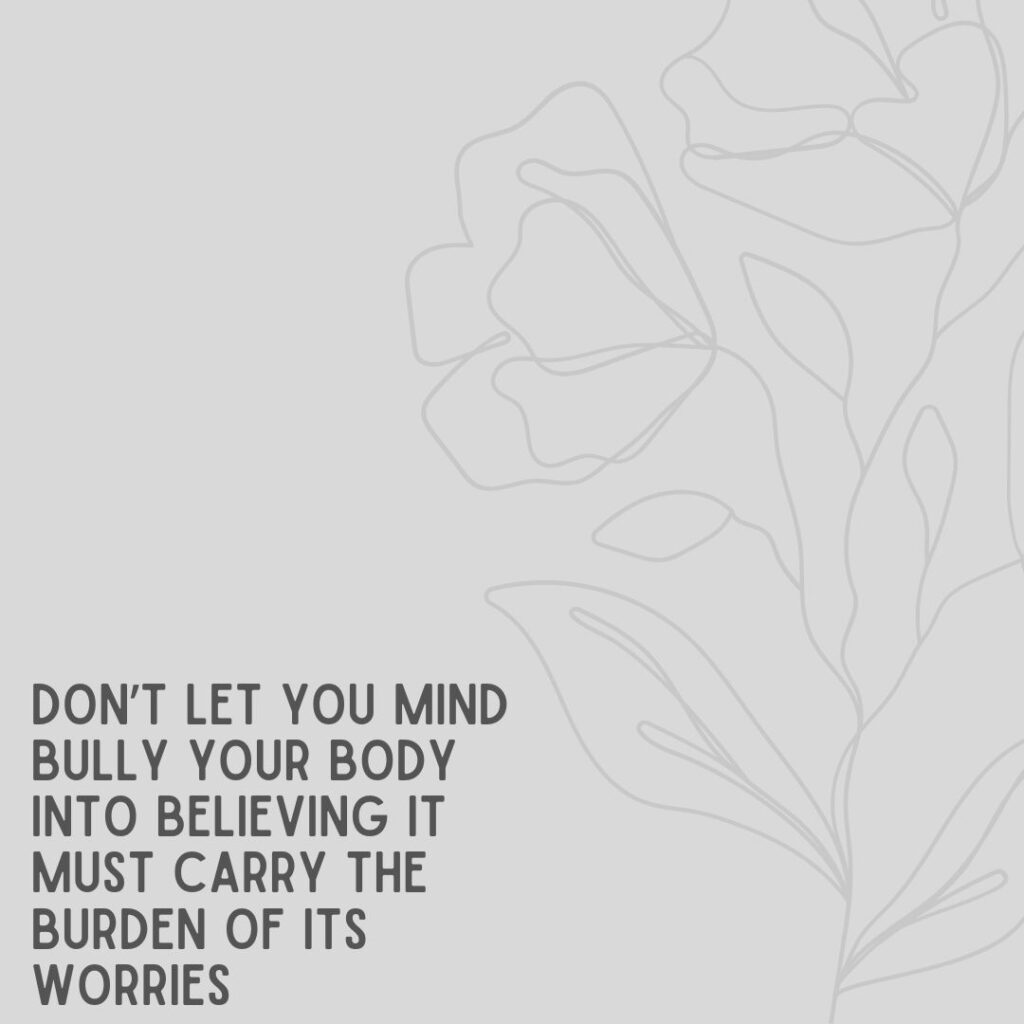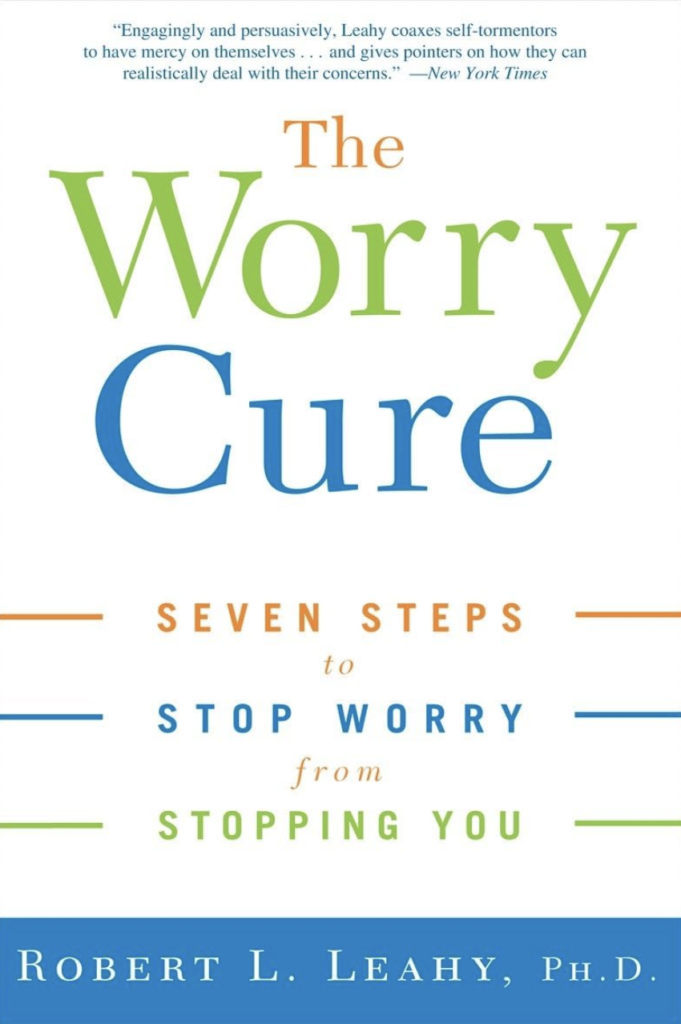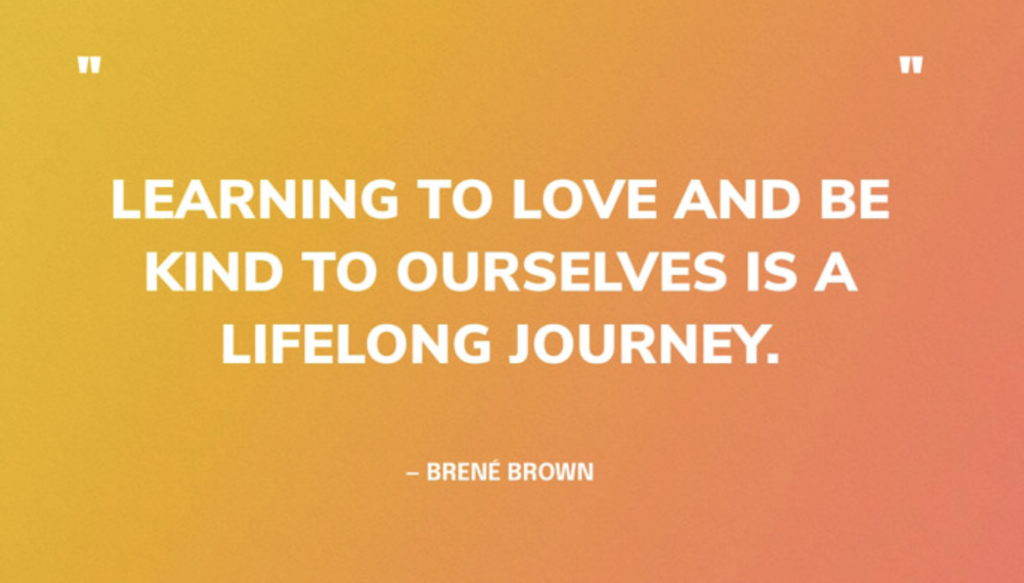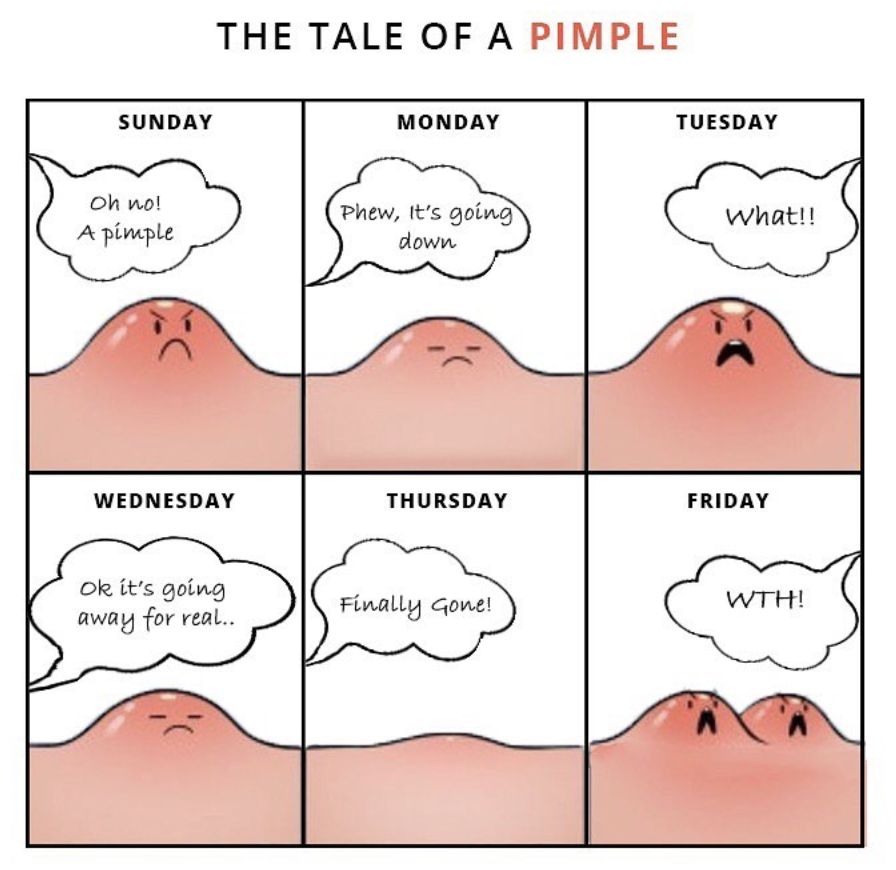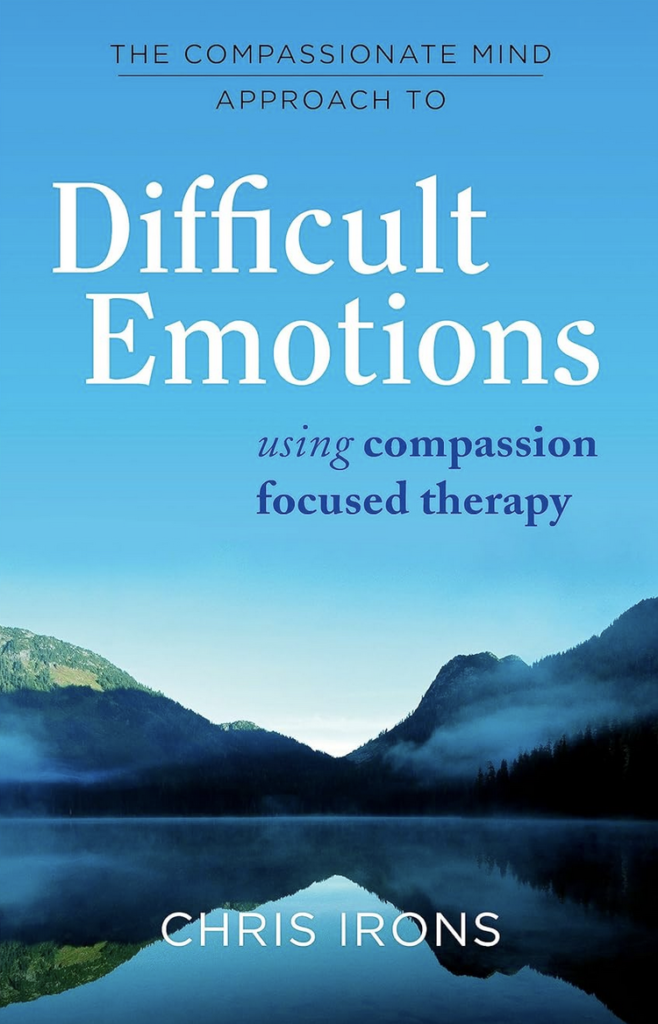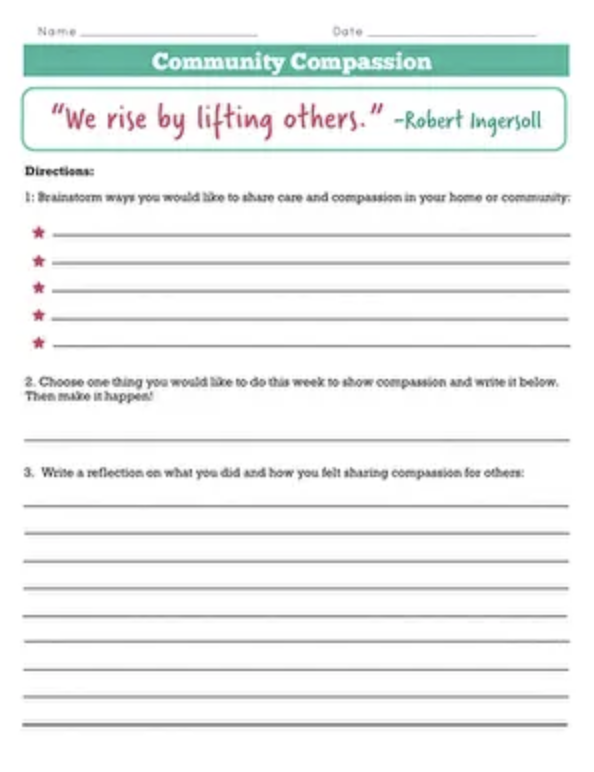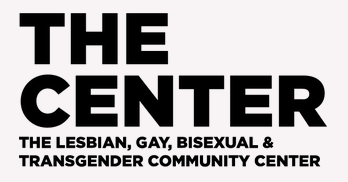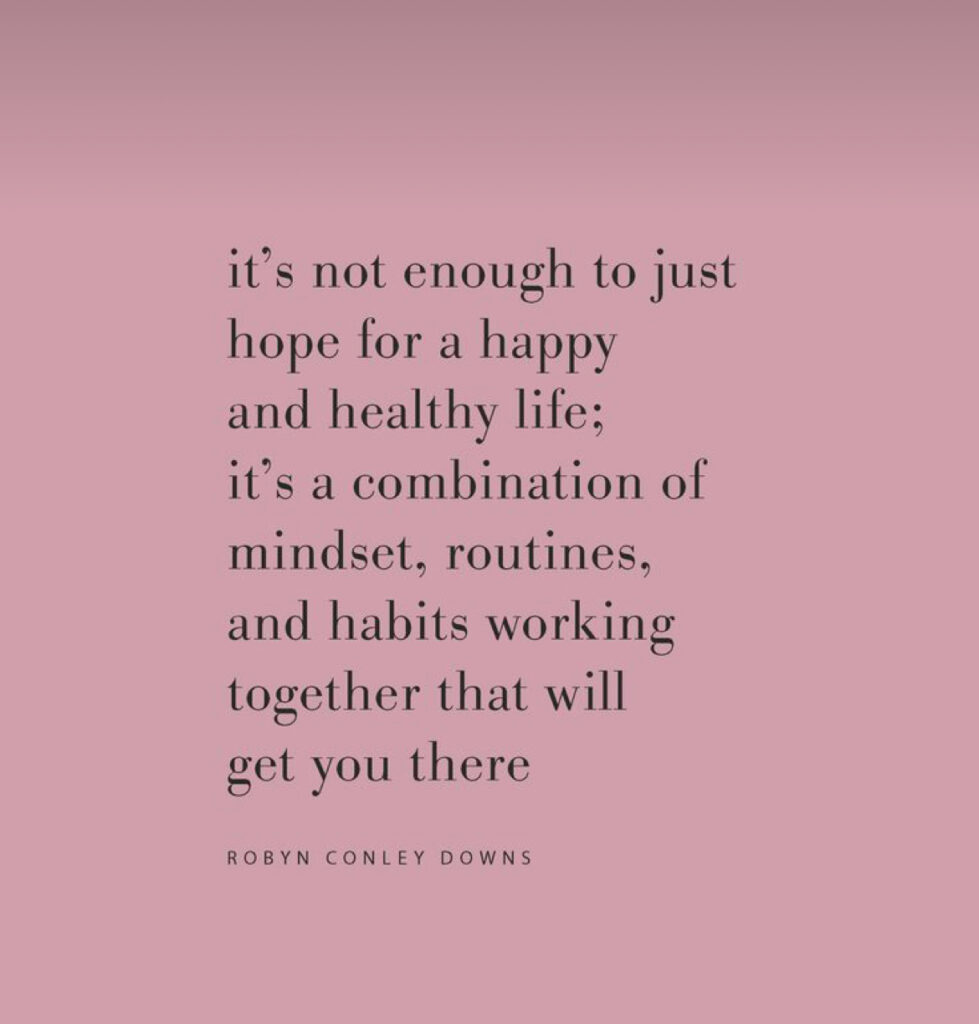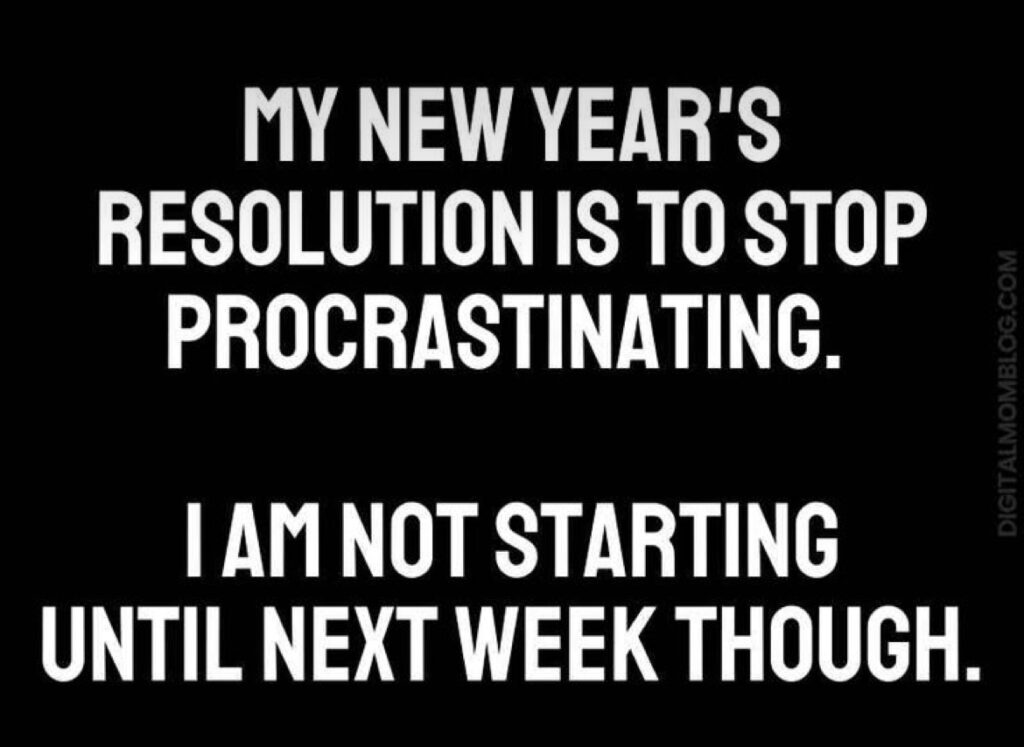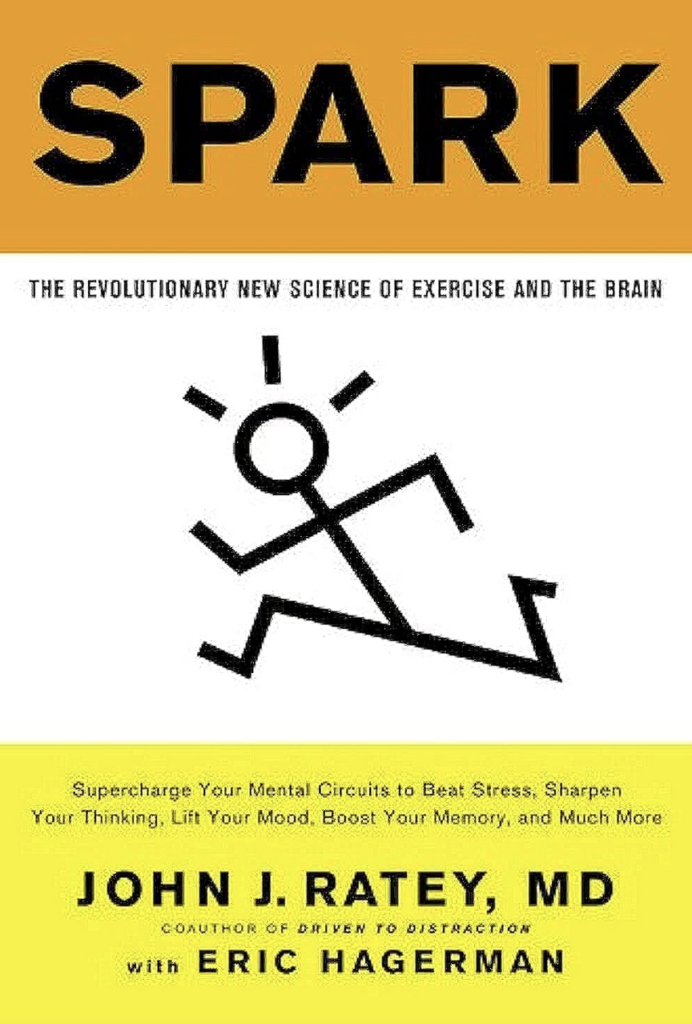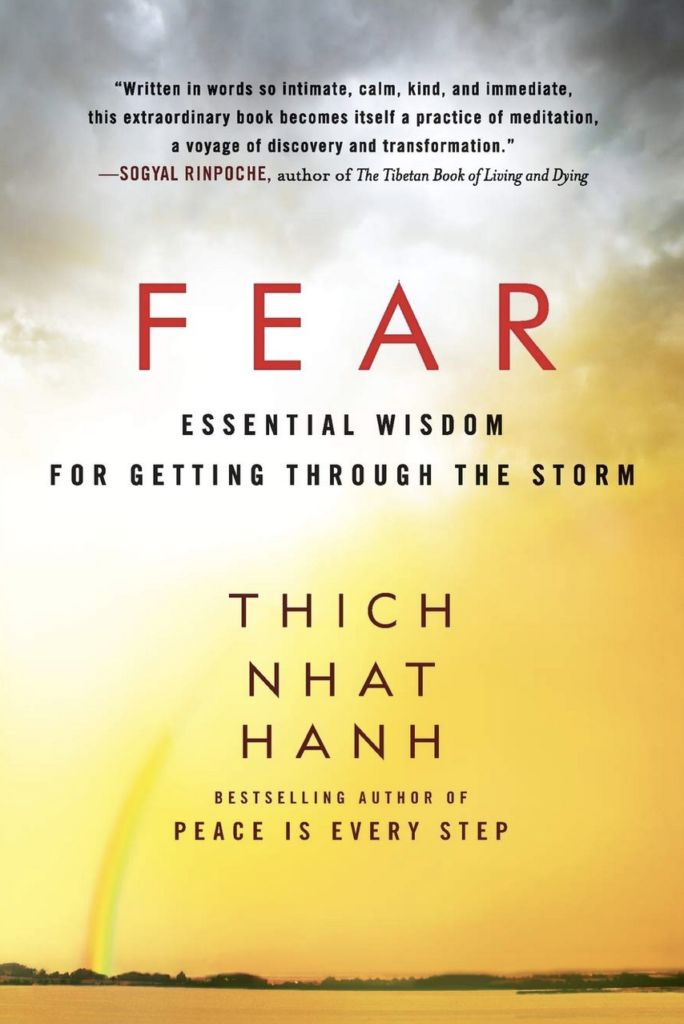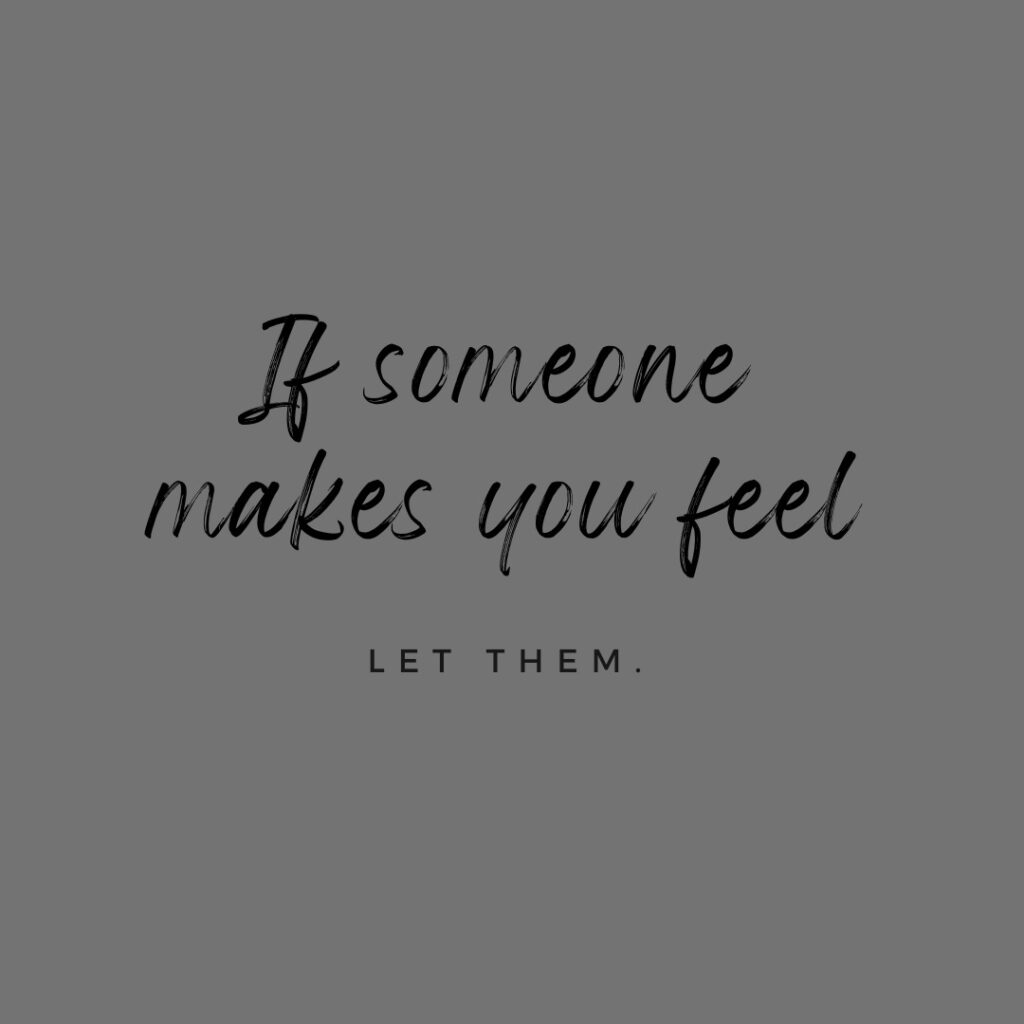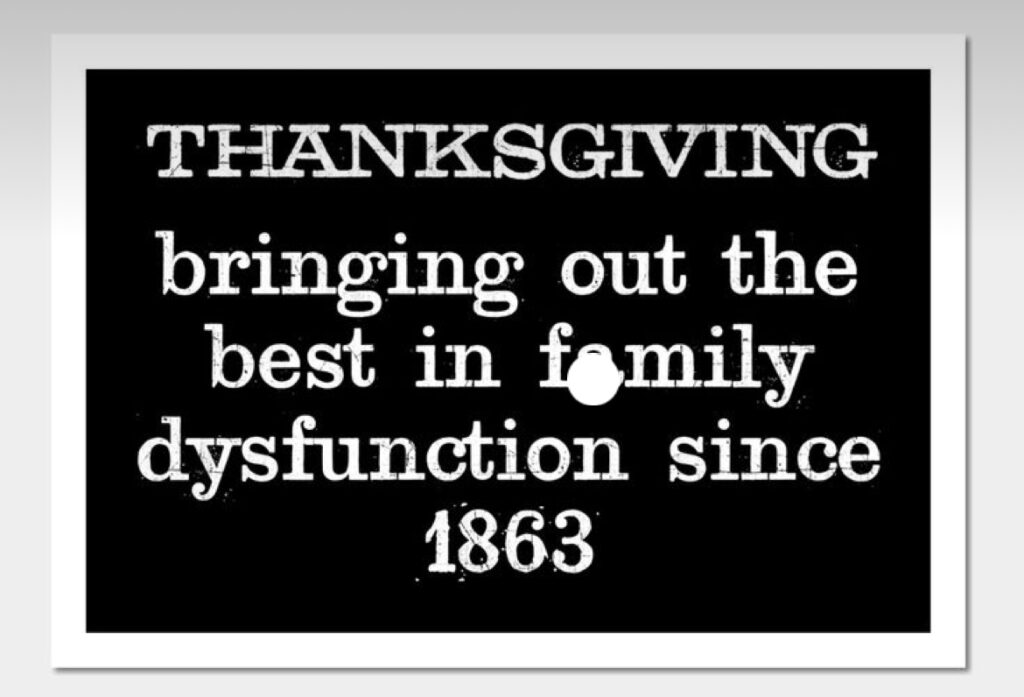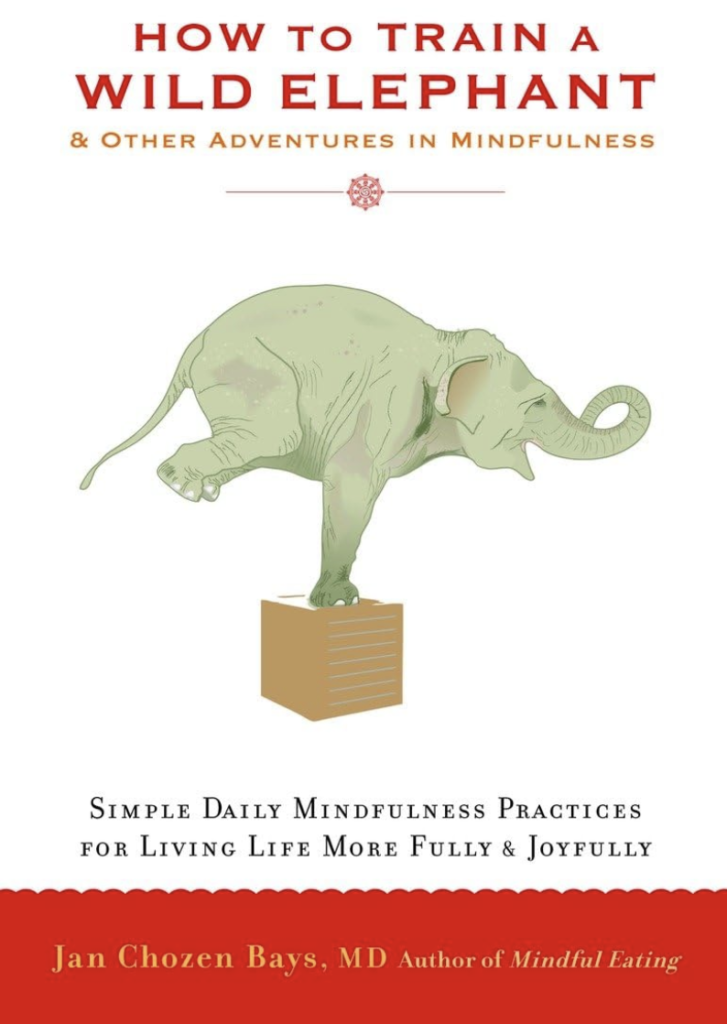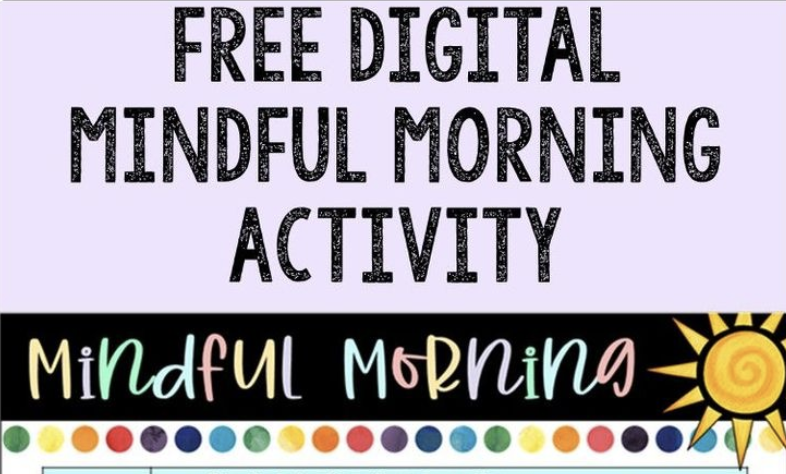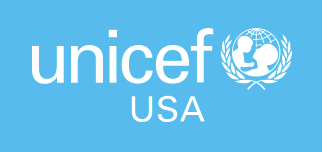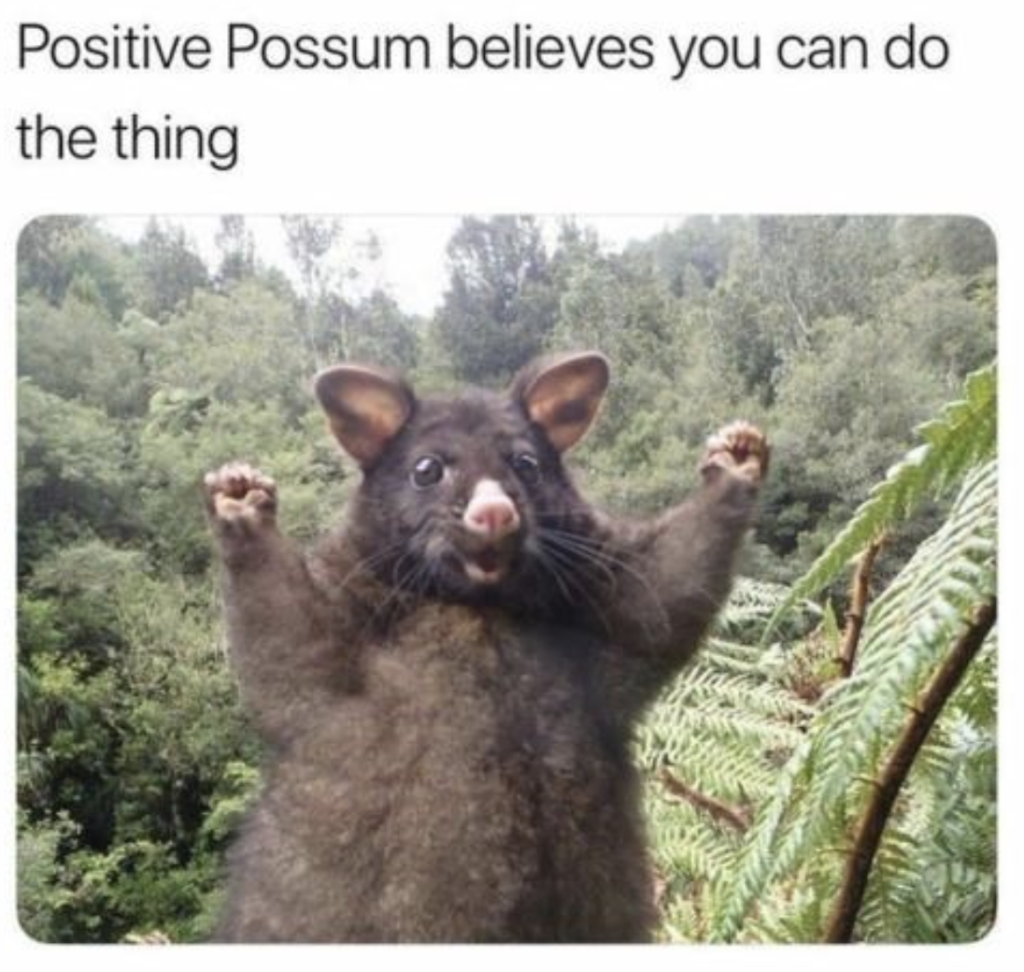By: Ting Mandel, LCSW
“Hey, Mama. Do you remember that time when you came to my concert, and I was onstage and then saw you?” my five-year-old asked as I read him a bedtime story. He’d opened his eyes and was looking up at me.
“What, baby?” I was surprised he was still awake.
“That time. At the concert. I didn’t see you. And then I saw you. You were there!” His wide eyes stared right into mine.
“Oh yes, baby. That time when I was late but I made it!” I remembered that day. I had rushed out of the office after a session, hopped on the subway to my son’s school, and was the last parent through the doors. With my head down, I slipped by rows of parents and quietly sat down in the empty chair by the aisle next to my husband just as the lights started to dim (what I call the “walk of shame”). “I saw you on stage, and I waved at you.”
“Yes, I saw you, too, and then I blew you a kiss.” A bright smile flashed over his face.
“Yes, you did. I remember that now. It was so nice of you.” I felt my face warming. “What made you remember that just now, baby?”
“Because Mama is here. I was happy when I saw you that day, and I am happy now.”
That was the first time my five-year-old son asked if I remembered an experience we shared. I was amazed by this new brain development and flooded with joy and love as he shared his experience with me. The details of that memory came back like a movie playing before me. As I sat in the event space at his school, I saw my son standing in the front row on stage, staring forward, face stern, with his eyebrows furrowed. He looked like he was looking for something. All of a sudden, he shifted his gaze, and we locked eyes. I saw his eyebrows relax and his shoulders drop. I waved gently. He smiled, placed his little hand over his lips, blew me a kiss, and started swaying to the music. It was such a brief moment. One that did not seem to carry any significance at the time. One that could have been easily forgotten. With my son sharing his experience of it with me, however, that moment has now become something we share, something we can hold on to, an almost tangible part of our bond.
When I think about life, it is a series of small moments like these that fill my life with meaning. In DBT, we work to help our clients build mindful awareness, tolerate distress, regulate emotions, and attend to relationships effectively to build a life worth living. A life with meaning, filled with things we value.
For most of us, meaningful relationships are a big part of what we value and what helps us feel better about who we are. They motivate us to want to be more present and to manage our emotions and behaviors more effectively so we can maintain, protect, and build more meaningful relationships. I think of the times when I avoid, hesitate, shut down, or feel too embarrassed, anxious, or shy to share my experiences with others and how that contributes to and exacerbates my sense of loneliness, feeling bad about myself and the world. When we’re isolated and feel alone, we tend to struggle more.
Radically Open DBT, a treatment that specifically focuses on the importance of social connections and specifically targets prosocial signaling, posits that generally, if we feel like a part of a tribe and can form bonds with others, we tend to feel less lonely, less closed-minded, and have better psychological well-being. The ultimate goal is to build a life worth sharing. Together, we thrive better. Or, as my son would put it, “Mama is here.”
WORDS OF WISDOM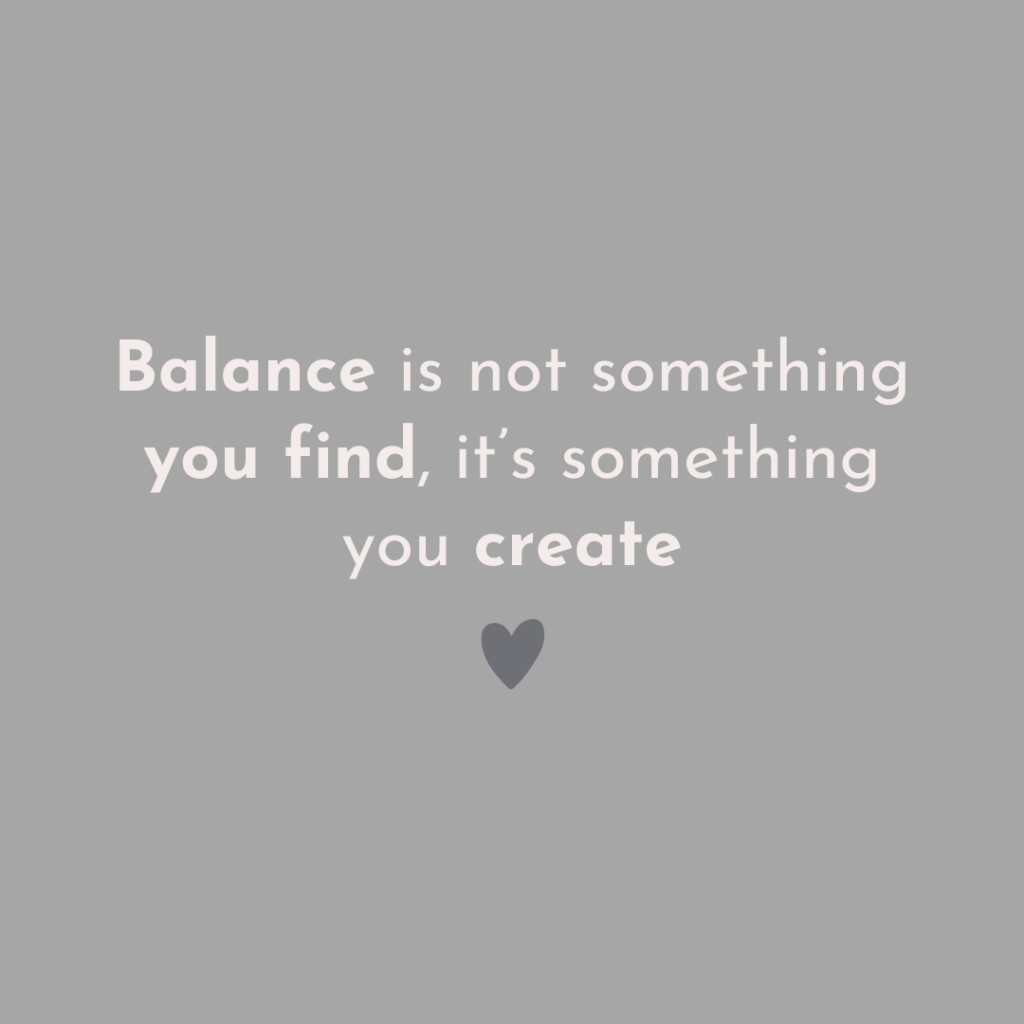
MEME OF THE WEEK

BOOK OF THE WEEK
(Click below to Purchase Book)
MENU

Creamy Fruit Salad Recipe, Bright Spring Salad Lemon Bars
CONTRIBUTE
